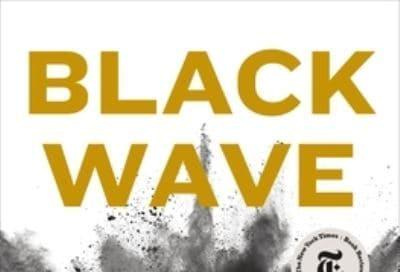Welcome to another issue of “A Few Things”, where I distill 44 years of life experience into a weekly email.
If you’re reading this but haven’t yet signed up, you can join over +2k others and get “A Few Things” delivered to your inbox each week by subscribing here.


